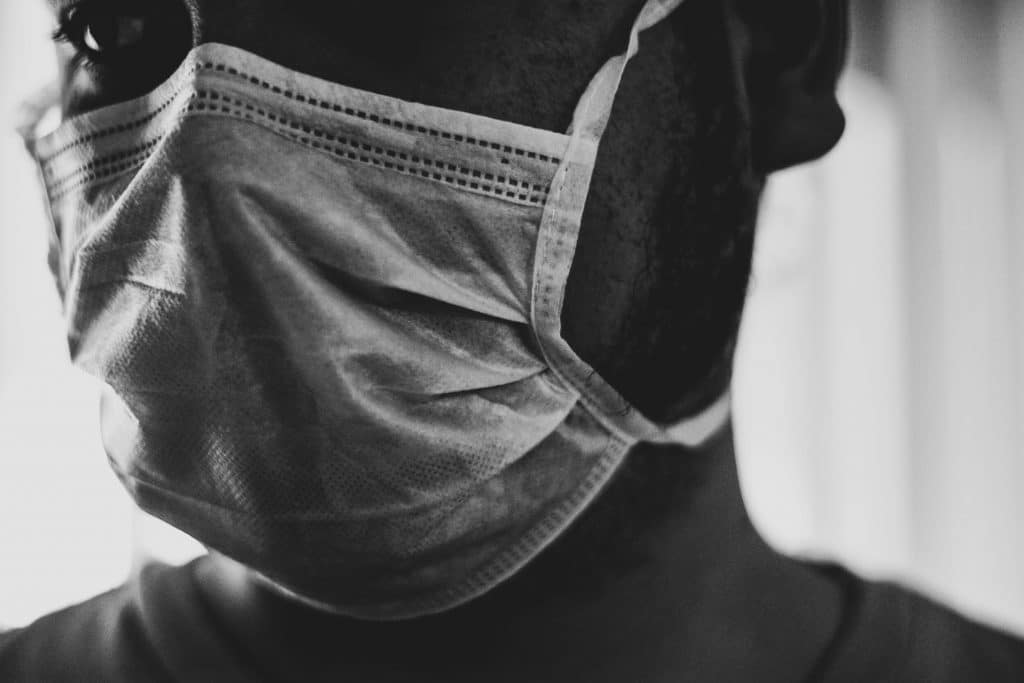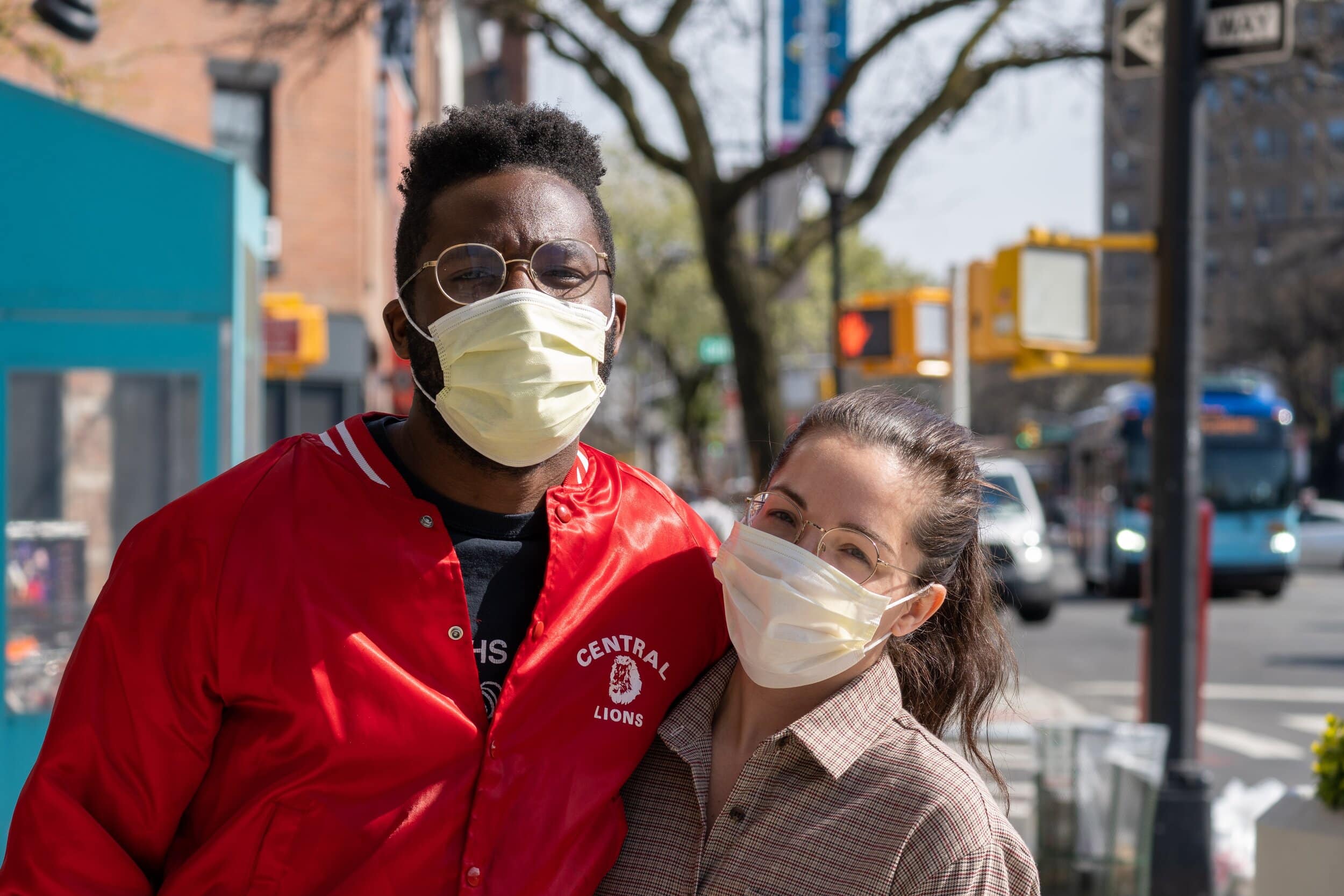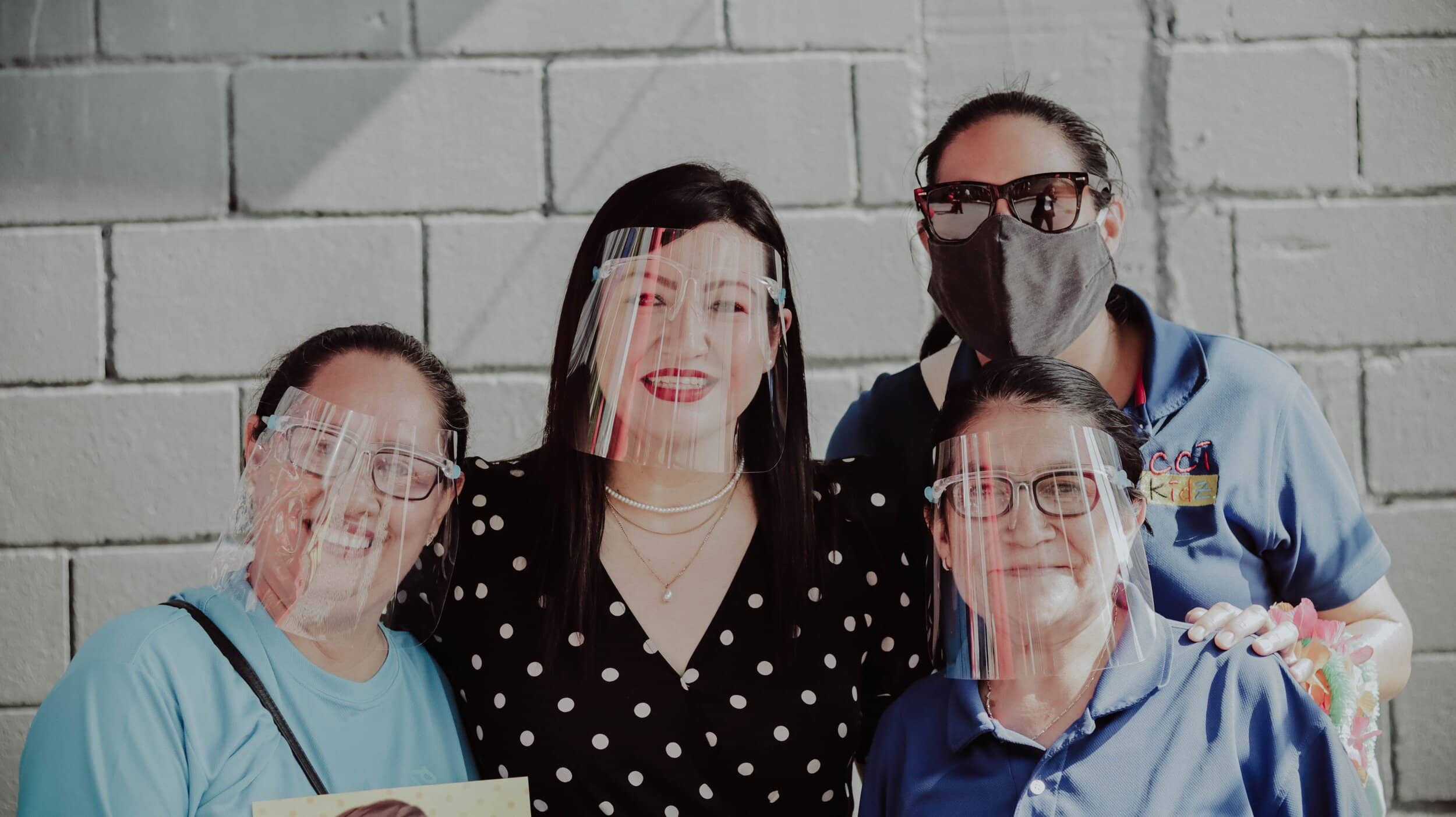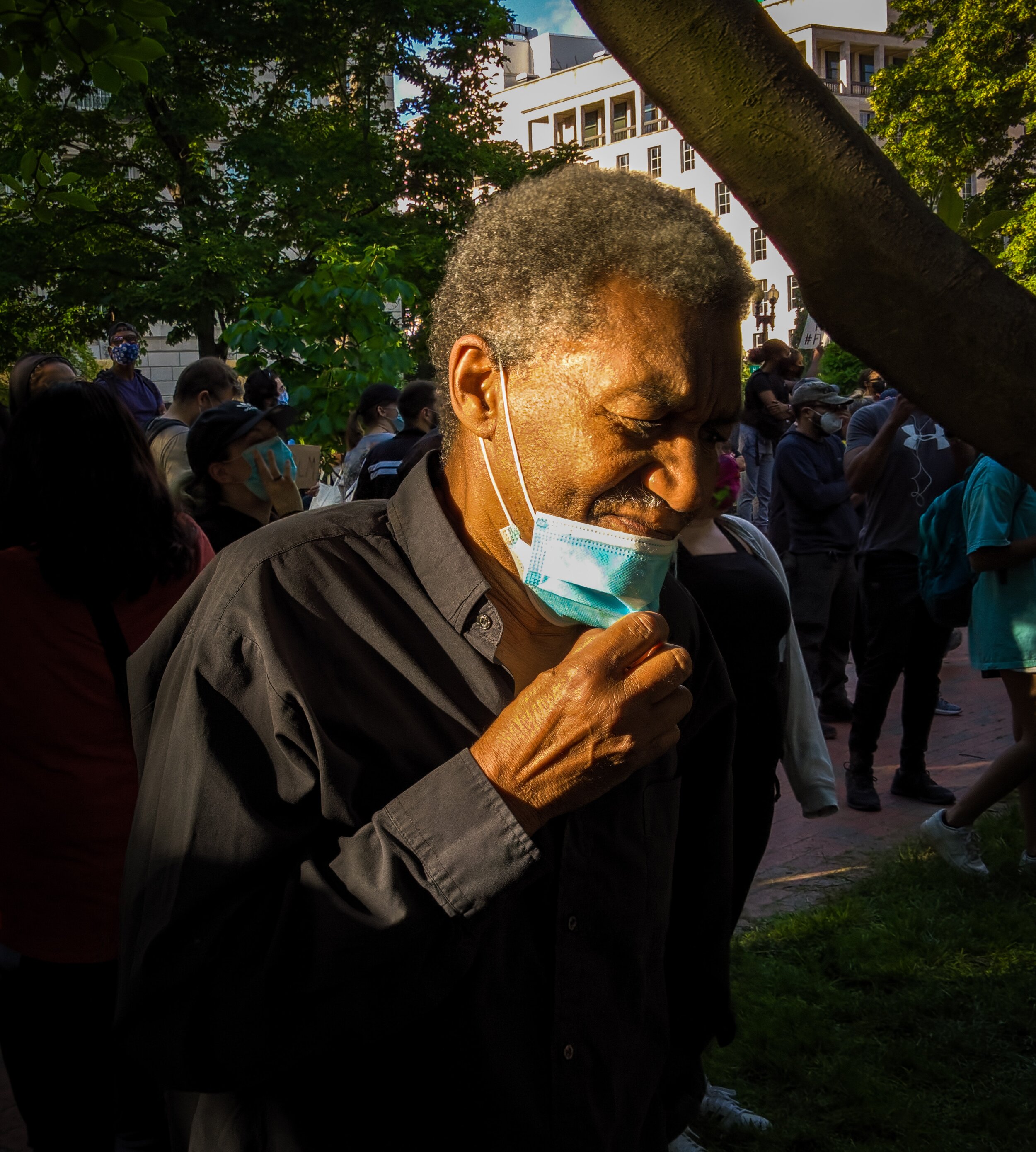
Have You Heard? COVID-19 masks impact the deaf community
Delaney Blackburn, Staff Writer
The deaf/hearing-impaired community faces communication challenges during the coronavirus pandemic due to face coverings.
Health organizations like the CDC and WHO advise people to wear masks to prevent the spread of COVID-19; however, those who are deaf and/or hearing-impaired have said masks make communication more difficult.
Instructor of American Sign Language at North Greenville University Jeremy Parks said in an interview, “I hear some, but it’s not enough most of the time for me to understand what people are saying. I’ve had hearing loss my entire life and so when you put the mask up I can’t read anybody’s lips.”
Parks said that in order to communicate effectively, it’s important to see the faces of those he’s communicating with or he must communicate through writing.
Parks continued, “I find that no matter how nice I am about it—and I’m always nice about it—since the masks have come out, most people aren’t willing to flex at all.”
Parks said that most service providers will not accommodate him by either taking the mask down or writing things out. He added that some assume he can hear because he can speak.
He said that he has turned around and walked out feeling frustrated due to a lack of accommodation.
“My frustration is not the masks,” said Parks, “it’s the inflexibility that I find sometimes in people who won’t write … and they won’t take the mask off, but they still think that I’m going to be able to understand them.”
Parks stated that a lot of his friends who are deaf have told him similar stories. He says they call it discrimination, but he tries to see the other side. He says that although he doesn’t understand why many service providers have refused to accommodate him, he strives to be godly in his interactions with people.
Parks said that communication is generally difficult, but the pandemic has made it harder because people are less willing to accommodate.
“I think the key is patience on both sides,” Parks said, “and a willingness for the hearing community at large to realize that they have to make the accommodations.”
Parks says effort to communicate is always appreciated by the deaf/hearing-impaired community.
Parks added, “You walk away with a better experience, even if whatever you went there for you didn’t get.”
Trei Turmon, deaf senior at North Greenville University, said, “It’s very tough to not be able to lip read. I’ve asked people to take down the mask so I can lip read, but they said no.”
Turmon says clear masks or face shields make communication easier since it allows him to read lips and facial expressions.
Shannon Fike, instructor of American Sign Language at North Greenville University, said that she prefers to use either a Zshield or a window mask. However, Fike also expressed some of the challenges she finds with using the face shields.
“You cannot wear a mask unless it has the plastic window, which is hot,” she said, “but using a face shield prevents you from forming the sign completely correct and it gets in the way of your hands.”
Fike said that although shields make signing more difficult, it is the only option for those who need to lip read.
“Maybe when the weather gets cooler, the window type mask might be okay for lip reading,” Fike continued, “I switch back and forth during class because the shield gets in the way as I teach beginners.”
Fike advises people to communicate with the deaf community during this time by using face shields or window masks, texting for clarity and enunciating clearly.
She added, “Realize that the best communication is clear simple dialogue or text.”



